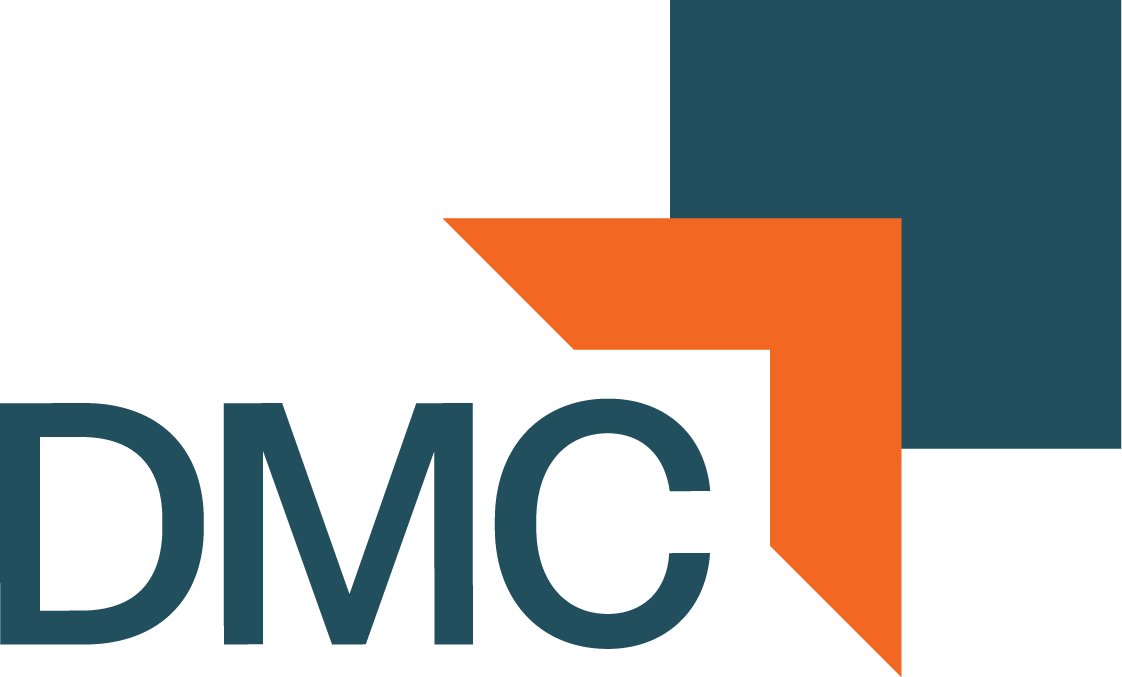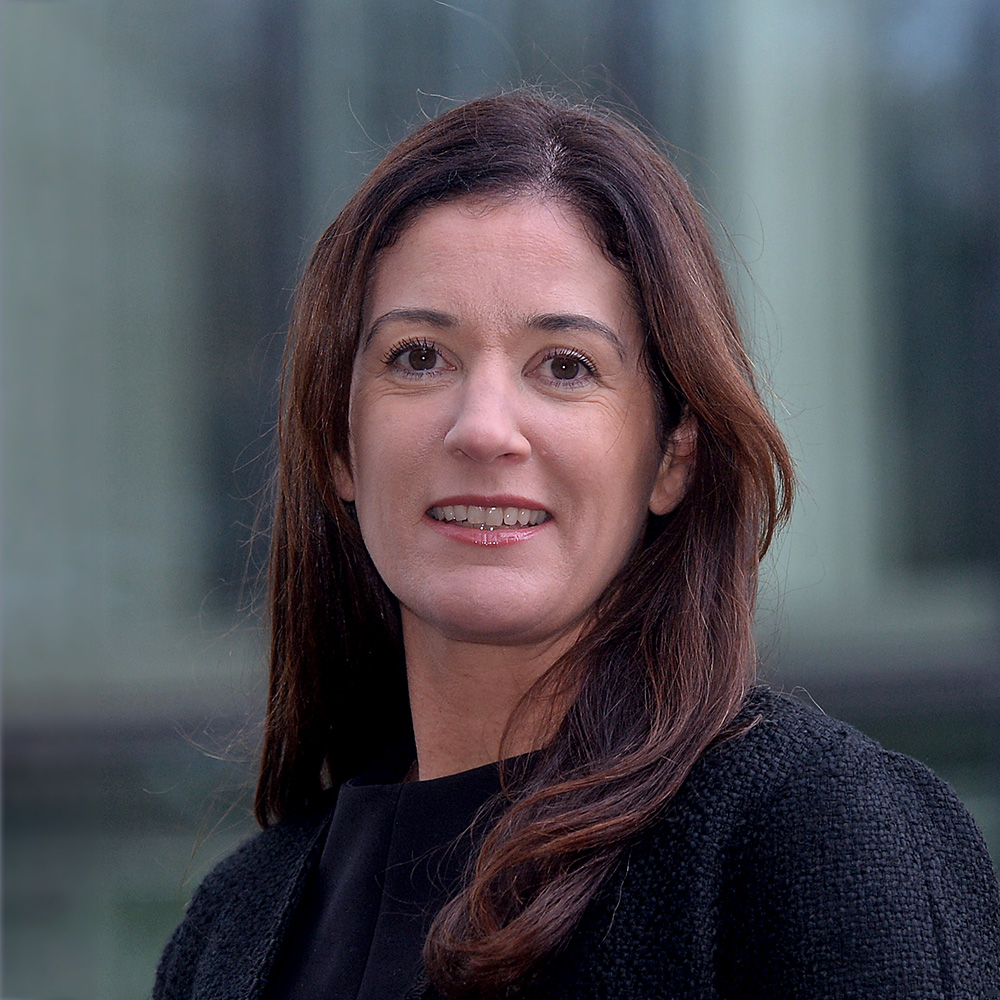With Earth Day 2025 on the horizon, the theme "Our Power, Our Planet" is a reminder of the role renewable energy plays in shaping a more sustainable future.
The construction industry accounts for significant global energy consumption and carbon emissions. By prioritising innovative renewable energy solutions, we can help to create more sustainable, energy-efficient infrastructure.
Sustainability in data centres
As specialists in data centre construction, this is a key area of focus for us, particularly as the sector is under increasing pressure to become more energy-efficient.
Power Usage Effectiveness (PUE) reduction – The Middle East has a regional PUE averaging 1.82, we are driving improvements towards 1.5 through energy-efficient technologies and advanced cooling systems.
AI-Driven energy management – Smart energy management systems, powered by AI, optimise power distribution and improve operational efficiency of data centres in all territories.
Renewable energy integration – Large-scale initiatives, such as solar and wind energy adoption, are helping data centres shift to more sustainable power sources.
Modular and efficient design – Prefabricated, scalable, and energy-efficient modular data centres minimise energy loss while ensuring rapid deployment.
Our current work on a 6MW state-of-the-art data centre in the Middle East demonstrates this commitment. Designed to Uptime Institute Tier III certification, this facility prioritises energy efficiency with heat reuse for office cooling and advanced fire suppression systems.
Retrofitting for a carbon-neutral future
Sustainable construction is not just applicable to new buildings, retrofitting sustainable solutions allows for historic and existing spaces to contribute towards a carbon neutral future.
We recently delivered on a large-scale project which contributes towards Ireland’s long-term sustainability goals with a major energy efficiency project at Atlantic Technological University (ATU) in Galway.
This initiative, part of the Energy Efficiency Decarbonisation Pathfinder Programme (EEDPP), aligns with the government’s €165 billion National Development Plan and reduced the carbon footprint of the university’s Wellpark Road campus while preserving its historic architecture.
To enhance thermal efficiency while maintaining the building’s heritage, secondary glazing units were installed, along with internal wall and attic insulation. Additionally, outdated gas boilers have been replaced with high-efficiency heat pumps, significantly reducing fossil fuel dependency and supporting Ireland’s shift toward sustainable energy solutions.
Further north, Dundalk Institute of Technology (DKIT) is setting its own standard for sustainable retrofit. A comprehensive energy upgrade of the North Building, led by McKeon Group, with DMC Global Partners as cost managers, replaced aging mechanical, electrical, and roofing systems with high-performance, future-proof alternatives.
Three 280kW air source heat pumps were installed, replacing eight outdated gas boilers. Fourteen penthouse risers were demolished and rebuilt, while the building now fully complies with Part L and nZEB standards. All of this was achieved with zero downtime for students and staff, a testament to smart scheduling, seamless coordination, and a clear vision for long-term sustainability.
If you’re looking to integrate renewable energy or sustainable practices into your next project, get in touch with us to explore the latest innovations and solutions available.

